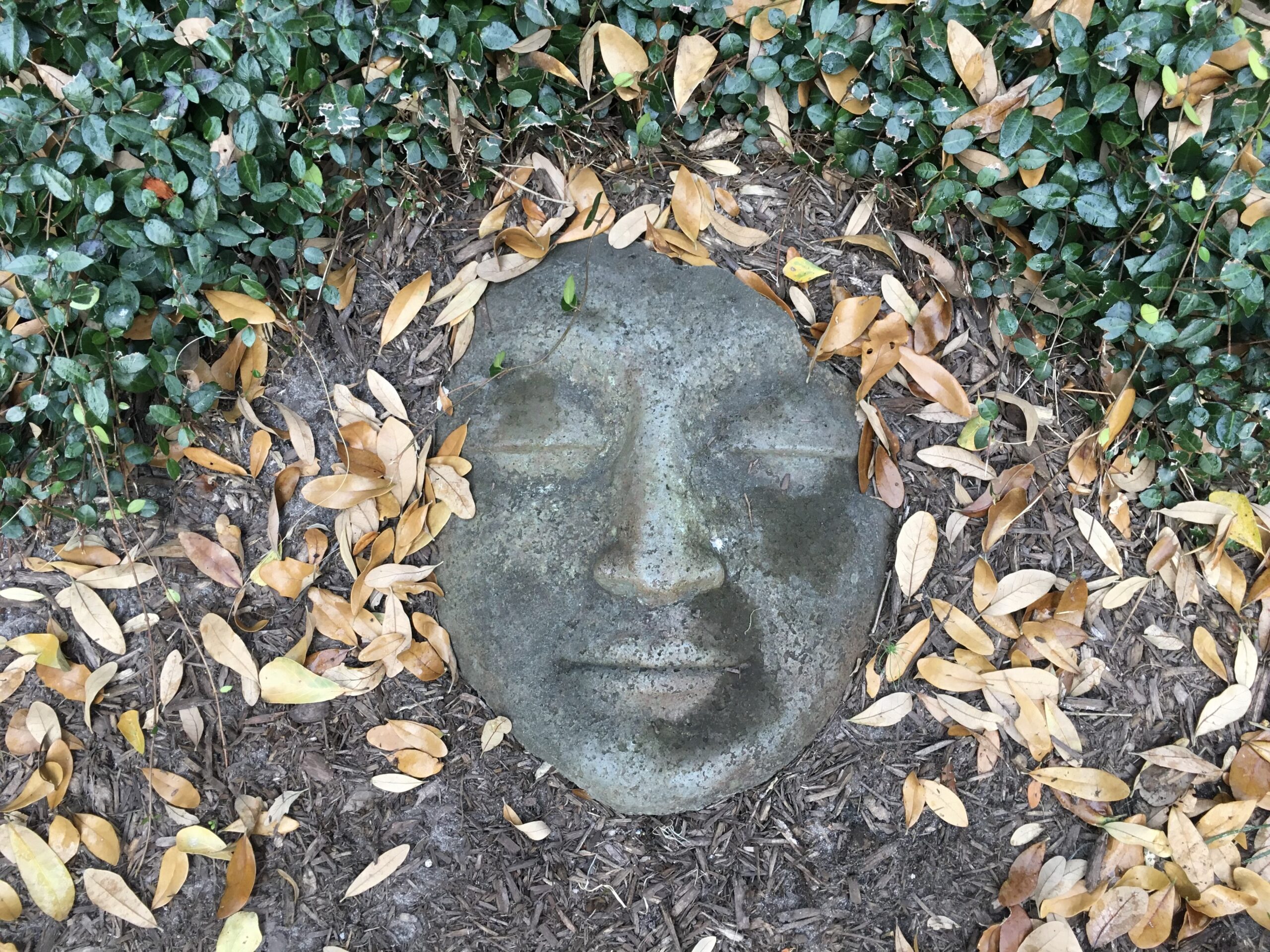As part of my long-ago graduate studies, the following was written years before the Covid pandemic hit. Upon recently re-reading it I was struck by how recent events cast a new light on these ideas, and I thought I’d share.
Health, or the supposed lack thereof, has been an on-going thread in the tapestry of my life. Diagnosed with epilepsy at age 4, I never knew what others experienced as “general good health.” Or so I was told. Except I thought I did. Other than those episodic, awkward yet momentary lapses of consciousness, I thought I was just fine. Even when, at the onset of puberty, the seizures escalated into more dramatic, violent grand mal convulsions, I still could not quite see myself as the invalid most others seemed to be. Some of the labels applied to me over the course of my formative years were: chronically ill, restricted, handicapped, and troubled. The politically correct “special” terminology didn’t exist in the 1950s. Most usual, however, was simply the term “epileptic,” as if this aspect of my being was the most defining one. Why not “artistic” or “brunette” or even “stubborn”? All also true.
One cannot divorce individual health from cultural and/or community health and the perceptions thereof. One affects the other. As with all, it is about perception and the awareness level of the entity exercising its perception. To wit: is the child having convulsions damaged? Somehow less? Threatening? How does the culture define the situation? Is she dangerous, evil, possessed by the devil? Or is she somehow superior, a vessel of the gods, the convulsion visible proof of Their holy communication through her body? Or is she a prophetess, as was the belief of the community that originated and venerated the Oracles of Delphi?
Both these extreme interpretations and perceptions — existed in different cultures at different times in response to the same form of “ill health.” It might make a girl wonder: am I Devil or Goddess? Is it a material malfunction or spiritual gift? Or none of the above— simply another avenue into awareness in this life’s Journey. What I have considered a “shadow teacher.”
What is this notion of health, good or otherwise? What defines it? And if one’s awareness embraces death as part of the natural cycle of continued creation, then why obsess about “health” at all? One thing is clear: to pay attention to either individual or cultural/community “health” exclusively is to be self-defeating from the outset. Microcosm/macrocosm. One is inextricably bound to the other.
At our current level of understanding of Western cultural ethics and behavior, this seems little known or acknowledged. In the name of almighty efficiency, science, and reason (and profits) we compartmentalize, having “specialists” both clinically and organizationally that look at only one element, severing connections left, right, and center. In the U.S., the spiritual nature of physical well-being (or the lack thereof) is virtually ignored. We end up with environmental pollution, spiritual pollution, and malfunctioning bodies.
In our culture, the basis of this problem lies in disconnection, and polarization. We often don’t perceive our common humanity, let alone behave as if we are all one. Too we accept being competitive adversarial as “normal,” embracing the “me vs. them” as the status quo and while at the same time becoming heavily dependent upon outside approval. Nowhere is this more evident than in the rapid rise of social media.
The (shall we say “healthier”?) alternative is people able to be transparently authentic, able and wanting to share their authenticity, and self-assured and confident about doing so. I would add the importance of employing compassion. More specifically: the ability to share one’s truth/authenticity with compassion for the other’s circumstance and level of what I call “havingness.” Can another, any random person “have” – hear, understand with their own compassion – my authentic self?
What might be done to help heal our cultural dis-ease? I like the idea of “re-educate into re-connection.” To do this, “charity begins at home,” as the adage states. One must love oneself in order to (healthily) be able to love the other. To experience compassion for that other state of being. To give and to receive — graciously – is not possible when the soul is sick with self-loathing, shame or guilt, or the body riddled with pain and/or restriction.
So, we come full circle back to the connectedness of the individual’s good health with the society’s good health. What is the extent of a single person’s responsibility in this scenario? What can the individual do to promote “good health” both in our modern civilization as it unfolds, as well as very personally in our own bodies?
In my next blog, “Cosmology of Health Part 2, The Practices” I’ll go into how we can introduce greater health and balance into our lives.


